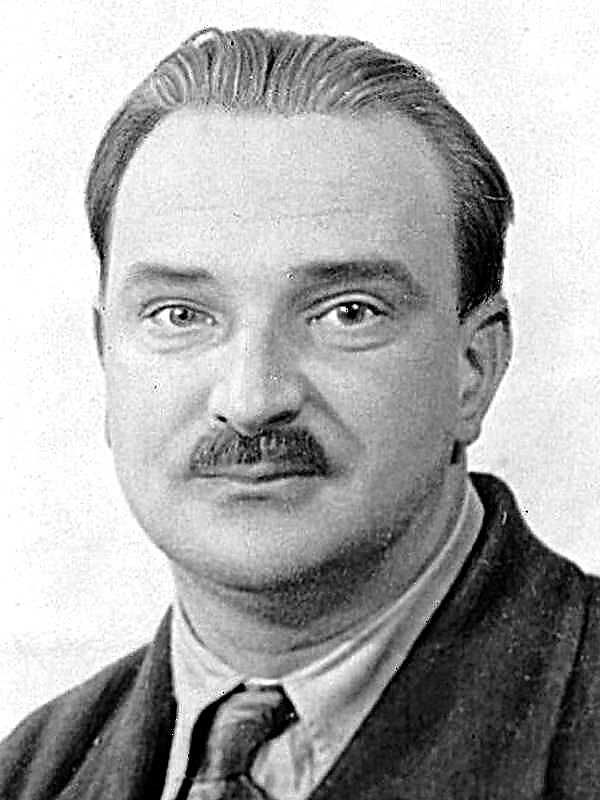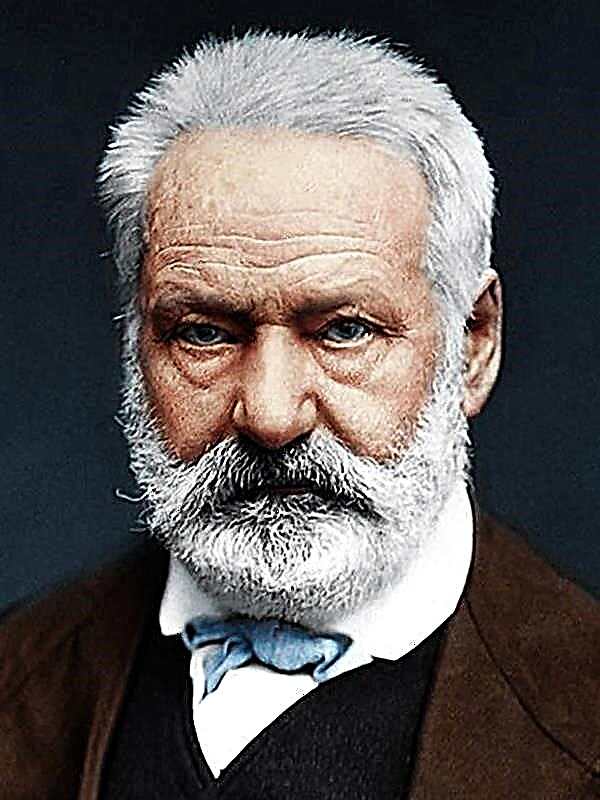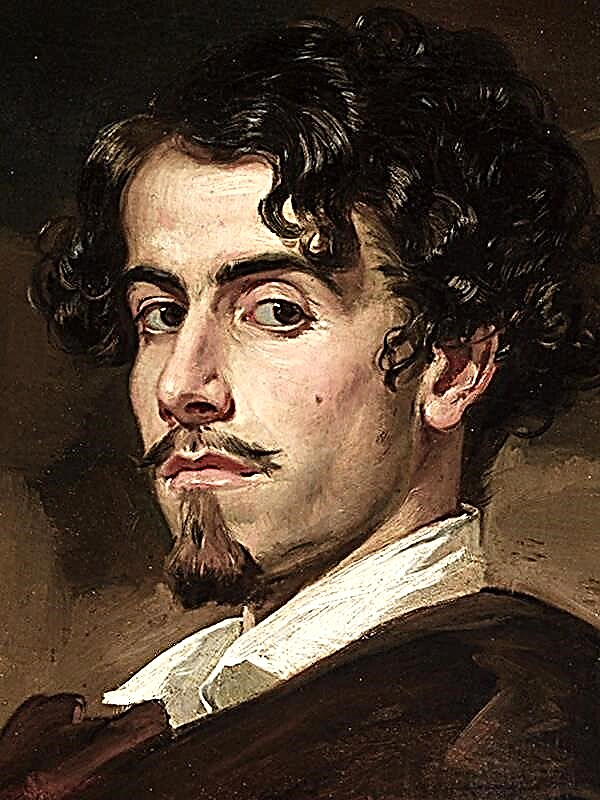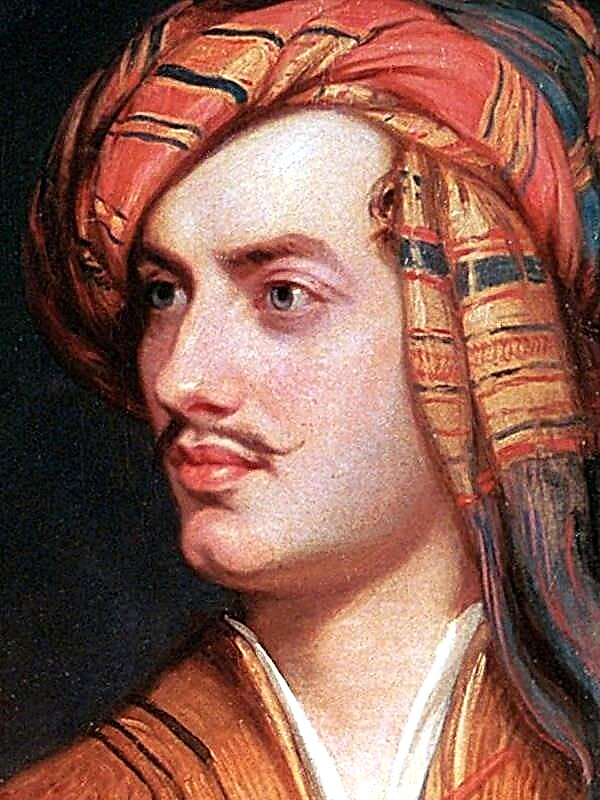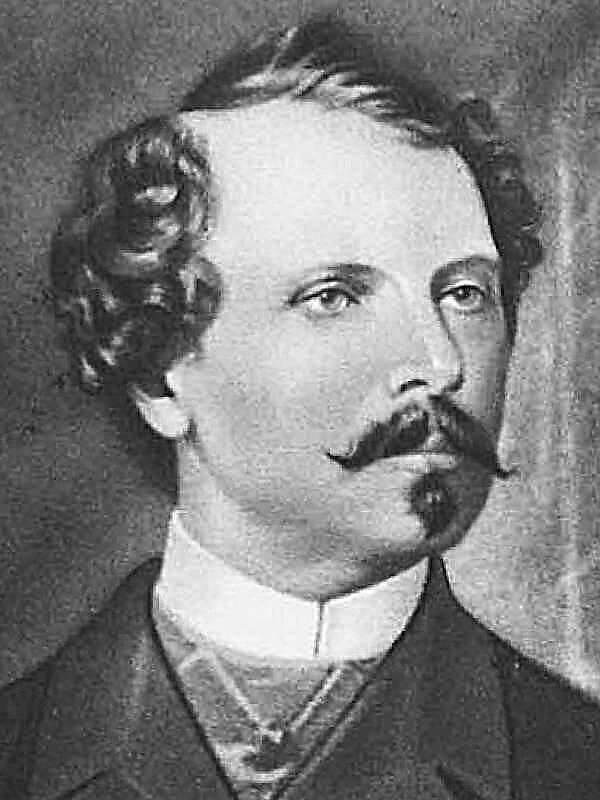On the main square of Argos stands a fluttering statue of Jupiter. Fending off the big fat flies, Orestes enters. Terrible screams rush from the palace.
Fifteen years ago, Clytemnestra, the mother of Orestes and Electra, and her lover Aegisthus killed their father Agamemnon. Aegisthus also wanted to kill Orestes, but the boy managed to escape. And now, brought up in distant lands, Orestes with curiosity enters his hometown.
Jupiter dressed as a city dweller enters. He explains to Orestes that today is the day of the dead, and cries mean that the ceremony has begun: the inhabitants of the city, led by the king and the queen, repent and pray their dead to forgive them.
Rumors are circulating around the city that the son of Agamemnon Orestes remained alive. By the way, Jupiter remarks, if he had accidentally met this Orestes, he would have told him: “The inhabitants here are great sinners, but they embarked on the path of redemption. Leave them alone, young man, leave them alone, respect the torment that they have taken upon themselves, go away to the next-best. You are not involved in crime and cannot share their repentance. "Your impudent innocence separates you from them, like a deep ditch."
Jupiter is leaving. Orestes is at a loss: he does not know what to answer to a stranger, a city where he could rightfully be a king, a stranger to him, he has no place in him. Orestes decides to leave.
Elektra appears. Orestes speaks to her, and she tells the stranger about her hatred of Clytemnestra and Aegisthus. Elektra is alone, she has no friends, no one loves her. But she lives in hope - waiting for one person ...
Queen Clytemnestra enters. She asks Electra to put on mourning: the official ceremony of repentance will begin soon. Noticing Orestes, Clytemnestra is surprised: travelers usually go around the city, “for them our repentance is a plague, they are afraid of infection.”
Electra mockingly warns Orest that repenting publicly is the national sport of the Argives, everyone already knows each other’s crimes by heart. And the tsarina’s crimes are “official crimes, which can be said to underlie the state system”. Every year on the day of the assassination of Agamemnon, people go to a cave, which, they say, communicates with hell. The huge stone that closes the entrance to it is rolled off to the side, and the dead, "as they say, rise from hell and disperse around the city." And the inhabitants prepare tables and chairs for them, make their beds. However, she, Electra, is not going to take part in these stupid games. This is not her dead.
Electra leaves. Following her, wishing Orest to get out of the city as soon as possible, Clytemnestra leaves as well. Jupiter appears. Upon learning that Orestes was about to leave, he offers him a pair of horses at a reasonable price. Orestes replies that he changed his mind.
People crowd in front of a closed cave. Aegisthus and Clytemnestra appear. The stone is rolled off, and Aegisthus, standing in front of a black hole, turns to the dead with a penitent speech. Suddenly, Electra appears in a blasphemous white dress. She urges residents to stop repenting and start living simple human joys. And let the dead live in the hearts of those who loved them, but do not drag them along to the grave. Then a block, which closed the entrance to the cave, rolls down with a roar. The crowd stiffens with fear, and then breaks to deal with the troublemaker. Aegisthus stops the furious citizens, reminding them that the law prohibits punishment on the day of the holiday.
Everyone leaves, only Orestes and Electra are on the stage, Electra burns with a thirst for revenge. Having opened to her sister, Orestes begins to persuade her to refuse revenge and leave with him. However, Electra is adamant. Then, wanting to win sister’s love and the right to citizenship in the thoroughly reeked Argos of carrion, Orest agrees to “shoulder the grave crime” and save the inhabitants of the king and queen, who force people to remember the atrocities committed all the time.
In the throne room of the palace is a terrible bloodied statue of Jupiter. At its foot are Orestes and Electra. Flies swarm around. Clytemnestra and Aegisthus enter. Both were fatally tired of the same invented ceremony. The queen leaves, and Aegisthus turns to the statue of Jupiter with a request to grant him peace.
Orestes jumps out of the darkness with a drawn sword. He offers Aegisthus to defend himself, but he refuses - he wants Orestes to become a murderer. Orestes kills the king, and then breaks into the queen's room. Elektra wants to keep him - "she can no longer hurt ...". Then Orestes goes by himself.
Elektra looks at the corpse of Aegisthus and does not understand: did she really want this? He died, but her hatred died along with him. Cries of Clytemnestra are heard. “Well, my enemies are dead. For many years I was delighted in advance of this death, now a vice squeezed my heart. Have I been deceiving myself for fifteen years? ” - asks Electra. Orestes returns, his hands in blood. Orestes feels free, he has done a good deed and is ready to bear the burden of murder, because in this burden is his freedom.
Swarms of fat flies surround the brother and sister. This is Erinia, goddess of remorse. Electra takes her brother to the sanctuary of Apollo in order to protect him from people and flies.
Orestes and Electra sleep at the foot of the statue of Apollo. Around them, the Erinis settled in a round dance. Brother and sister are awakening. Like huge dung flies, Erinia begin to awaken.
Glancing at her sister, Orestes with horror discovers that during the night she became surprisingly similar to Clytemnestra. And this is not surprising: she, like her mother, became a witness to a terrible crime. Rubbing their paws, Erinis in a frantic dance circle around Orestes and Electra. Electra regrets what he had done, Orestes persuades his sister not to repent; in order to feel completely free, he takes full responsibility.
The incoming Jupiter pacifies the Erinius. He is not going to punish Orest and Electra, he just needs a “bit of remorse”. Jupiter convinces Elektra that she did not want to kill, just as a child, she played murder all the time, because you can play this game alone. It seems to Electra that she begins to understand herself.
Jupiter asks Orestes and Electra to renounce the crime, and then he will put them on the throne of Argos. Orestes replies that he already has the right to this throne. Jupiter notes that now all the inhabitants of Argos are waiting for Orestes near the exit from the sanctuary with pitchforks and clubs, Orestes is lonely, like a leper. Jupiter requires Orestes to plead guilty, but he refuses. Jupiter himself created man free. And if he didn’t want this crime, then why didn’t he stop the punishing hand at the moment of committing the crime? So, Orestes concludes, in heaven there is neither good nor evil, "there is no one there who could command me."
The freedom of Orestes means exile. Orestes agrees - each person must find his own path. Jupiter silently leaves.
Electra leaves Orest. As soon as she steps into a circle, Erinis pounce on her, and she calls to Jupiter. Elektra repents, and the Erinis retreat from her.
The Erinis concentrated all their attention on Orestes. The doors to the sanctuary swing open, behind them an angry mob is visible, ready to tear apart Orestes to shreds. Addressing the townspeople, Orestes proudly declares that he takes responsibility for the murder. He went to him for the sake of people: he took upon himself the crime of a man who could not cope with his burden and transferred responsibility to all the inhabitants of the city. Flies must finally stop oppressing the Argives. Now it's his flies, his dead. Let the townspeople try to start living anew. He leaves them and leads all the flies away.
Orestes leaves the circle and leaves. Erinia scream after him.




 Guerrilla marketing
Guerrilla marketing